The boys drink and review a fresh hop IPA from Stone Brewing, then discuss common biases in the way we think.
Cognitive biases are examples of ways in which our brains can point us down a non-rational path. But why do we have these biases? Why did they evolve?
Could it be that there are situations where it’s better not to be rational?
The boys discuss as they review the following examples.
- Reactance
- The framing effect
- The availability heuristic
- The sunk cost fallacy
- Groupthink
- Declinism
- Self-serving bias
- The Placebo effect
- In-group bias
- The halo effect
- The curse of knowledge
- Anchoring
- Confirmation bias
It’s good to be aware of these departures from strictly rational thinking, but it’s also good to be aware of why we have them in the first place.
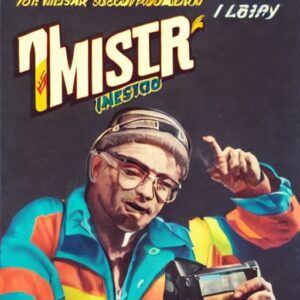
 With special guest Longinus, P&C drink and review Bloodline, an IPA by Flying Dog, then discuss Vlad the Impaler and Dracula.
With special guest Longinus, P&C drink and review Bloodline, an IPA by Flying Dog, then discuss Vlad the Impaler and Dracula. 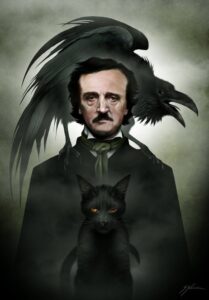 As part of their ongoing and popular “shortcut to the classics” series, Pigweed and Crowhill, with special guest Longinus, review Tell Tale Heart IPA, then discuss Poe’s life and works, including his connection to Baltimore, Maryland.
As part of their ongoing and popular “shortcut to the classics” series, Pigweed and Crowhill, with special guest Longinus, review Tell Tale Heart IPA, then discuss Poe’s life and works, including his connection to Baltimore, Maryland. 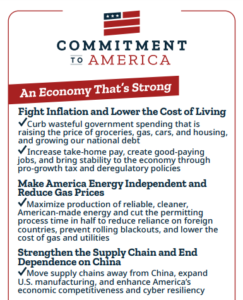 P&C drink and review yet another offering from the Pastryarchy — an Almond Brittle Imperial Stout — then discuss the Republican Party’s “Commitment to America.”
P&C drink and review yet another offering from the Pastryarchy — an Almond Brittle Imperial Stout — then discuss the Republican Party’s “Commitment to America.” 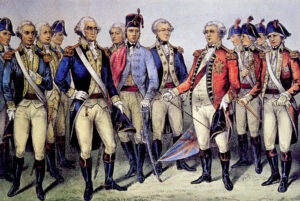 P&C review Kentucky Pumpkin Barrel Ale, then discuss the annual celebration of Yorktown Day.
P&C review Kentucky Pumpkin Barrel Ale, then discuss the annual celebration of Yorktown Day.  The boys take a break from beer and do The Vodka Challenge, in which they do a blind taste test between Titos, Skol, Smirnoff, and a mystery vodka.
The boys take a break from beer and do The Vodka Challenge, in which they do a blind taste test between Titos, Skol, Smirnoff, and a mystery vodka. 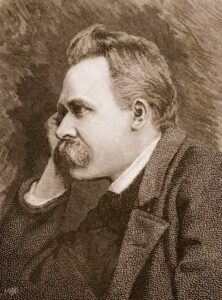 With special guest Longinus, P&C drink and review Warsteiner Dunkel, then discuss the philosophy of Nietzsche.
With special guest Longinus, P&C drink and review Warsteiner Dunkel, then discuss the philosophy of Nietzsche. 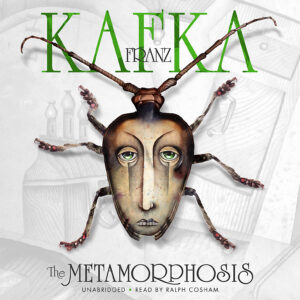 In this latest edition of “shortcut to the classics,” the boys drink and review
In this latest edition of “shortcut to the classics,” the boys drink and review